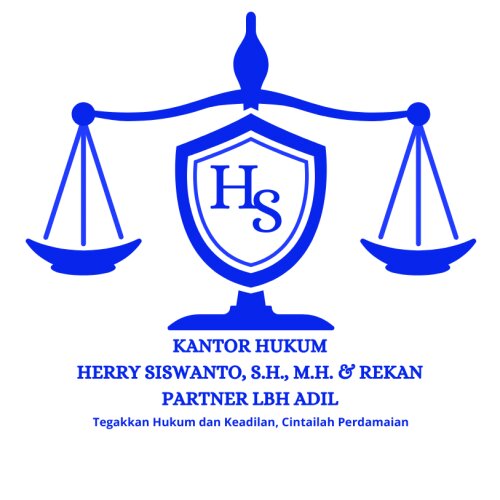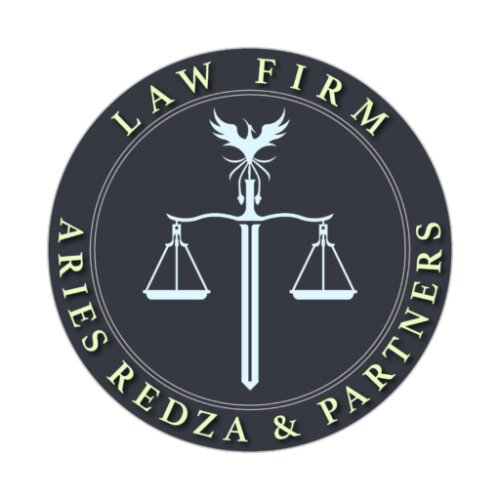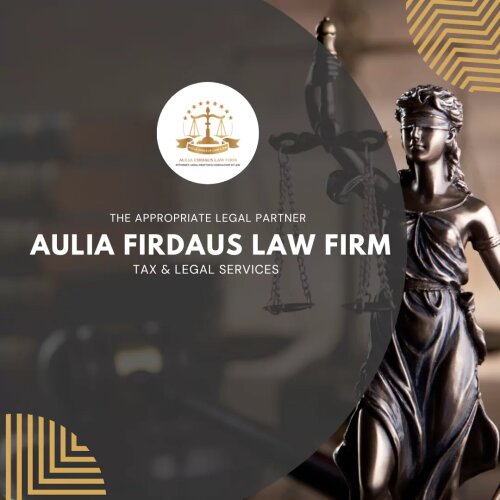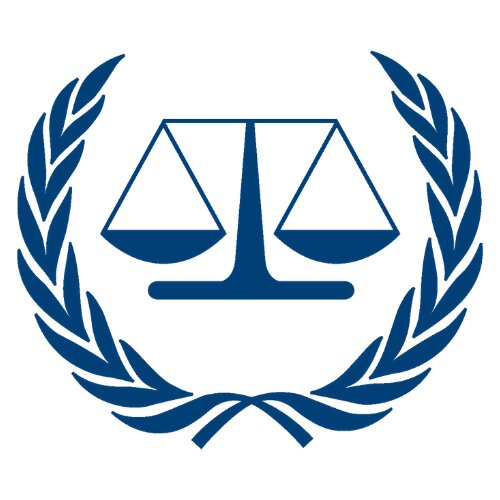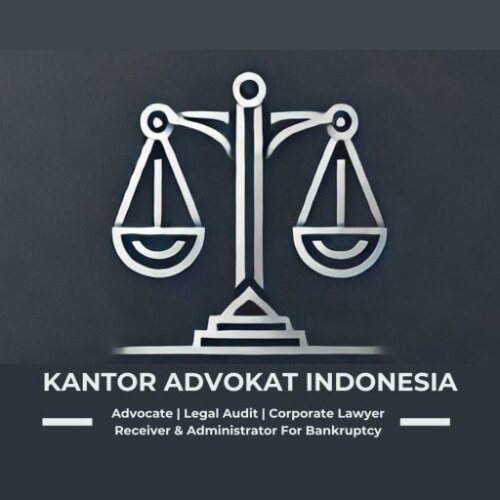Best Constitutional Law Lawyers in Indonesia
Share your needs with us, get contacted by law firms.
Free. Takes 2 min.
Or refine your search by selecting a city:
List of the best lawyers in Indonesia
About Constitutional Law in Indonesia
Constitutional Law in Indonesia governs the fundamental principles by which the state is governed. It is primarily derived from the 1945 Constitution (Undang-Undang Dasar 1945), which outlines the structure of the government, the separation of powers, and the protection of human rights. The role of Constitutional Law in Indonesia is to ensure the constitutionality of the legislative and executive actions and to protect the fundamental rights of citizens. The Constitutional Court, established in 2003, plays a critical role in interpreting the Constitution, deciding constitutional disputes, and safeguarding democratic governance.
Why You May Need a Lawyer
Constitutional Law is complex and multifaceted, and individuals or entities may require legal assistance in this area for several reasons:
- Challenging the constitutionality of a law or government action.
- Seeking to protect or assert constitutional rights, such as freedom of speech or freedom of assembly.
- Engaging in litigation before the Constitutional Court.
- Understanding the constitutional implications of new legislation or governmental policies.
- Navigating disputes concerning the separation of powers or the roles and responsibilities of governmental bodies.
Local Laws Overview
Indonesia's legal system is a complex blend of civil law tradition, customary laws, and Islamic law to some degree. Key aspects of the local laws relevant to Constitutional Law include:
- The 1945 Constitution: The supreme law of the land, outlining the state's general organization and the fundamental rights of its citizens.
- Constitutional Court Law (Law No. 24/2003 and its amendments): Governs the jurisdiction, authority, and responsibilities of the Constitutional Court.
- Human Rights Law (Law No. 39/1999): Reinforces the protection of human rights as one of the constitutional mandates.
- Legislation on regional autonomy and decentralization: Affects the constitutional relationship between the central government and regional administrations.
Frequently Asked Questions
1. What is the function of the Constitutional Court in Indonesia?
The Constitutional Court has the authority to review laws against the Constitution, resolve disputes between state institutions, dissolve political parties, handle disputes regarding general election results, and resolve disputes over the authorities of state institutions.
2. Can citizens directly approach the Constitutional Court in Indonesia?
Yes, individuals can directly submit petitions to the Constitutional Court, especially in cases involving the constitutionality of laws or the violation of constitutional rights.
3. How does the Constitutional Court impact individual rights?
The Constitutional Court can affirm, protect, and sometimes expand constitutional rights by interpreting the Constitution and reviewing laws that may infringe on these rights.
4. What are some recent examples of Constitutional Court cases?
Several landmark cases have involved issues such as electoral disputes, challenges to religious freedom laws, and legislation on social and economic rights.
5. How long does it take for the Constitutional Court to make a decision?
While the timeframe can vary, the Constitutional Court is generally expected to deliver decisions within a few months of hearings, aiming to provide timely justice.
6. What can I do if I believe a law violates my constitutional rights?
You can file a judicial review with the Constitutional Court and consult a constitutional lawyer to help present your case effectively.
7. Are Constitutional Court decisions final?
Yes, decisions made by the Constitutional Court are final and binding, meaning there is no further avenue for appeal. The government is obliged to adhere to its rulings.
8. What is the role of NGOs in constitutional litigation?
Nongovernmental organizations often play a crucial role in advocating for constitutional rights, supporting cases before the Constitutional Court, and providing resources and legal aid to individuals.
9. Can Constitutional Court rulings impact existing legislation?
Yes, if the court finds a law unconstitutional, it can require the legislation to be amended or nullified, thereby impacting existing laws.
10. What is the process for amending the Constitution in Indonesia?
Constitutional amendments can be proposed by the People's Consultative Assembly (MPR) and must be approved by a majority vote, following specific procedures set out in the Constitution.
Additional Resources
For further assistance, you may consider the following resources:
- The Indonesian Constitutional Court website for official decisions and court updates.
- The National Human Rights Commission (KOMNAS HAM) for issues related to human rights.
- The Legal Aid Institute (YLBHI) which provides support for those unable to afford legal representation.
- Civil society organizations engaged in promoting constitutional rights and reforms.
Next Steps
If you seek legal assistance in Constitutional Law, consider the following steps:
- Identify and document the specific constitutional issue or concern.
- Consult a legal expert specializing in Constitutional Law to guide you through the legal process.
- Prepare any necessary documentation and evidence with the help of your lawyer.
- Explore legal aid options if affordability is a concern.
- Engage with relevant legal and human rights organizations for support and advice.
Lawzana helps you find the best lawyers and law firms in Indonesia through a curated and pre-screened list of qualified legal professionals. Our platform offers rankings and detailed profiles of attorneys and law firms, allowing you to compare based on practice areas, including Constitutional Law, experience, and client feedback.
Each profile includes a description of the firm's areas of practice, client reviews, team members and partners, year of establishment, spoken languages, office locations, contact information, social media presence, and any published articles or resources. Most firms on our platform speak English and are experienced in both local and international legal matters.
Get a quote from top-rated law firms in Indonesia — quickly, securely, and without unnecessary hassle.
Disclaimer:
The information provided on this page is for general informational purposes only and does not constitute legal advice. While we strive to ensure the accuracy and relevance of the content, legal information may change over time, and interpretations of the law can vary. You should always consult with a qualified legal professional for advice specific to your situation.
We disclaim all liability for actions taken or not taken based on the content of this page. If you believe any information is incorrect or outdated, please contact us, and we will review and update it where appropriate.
Browse constitutional law law firms by city in Indonesia
Refine your search by selecting a city.



